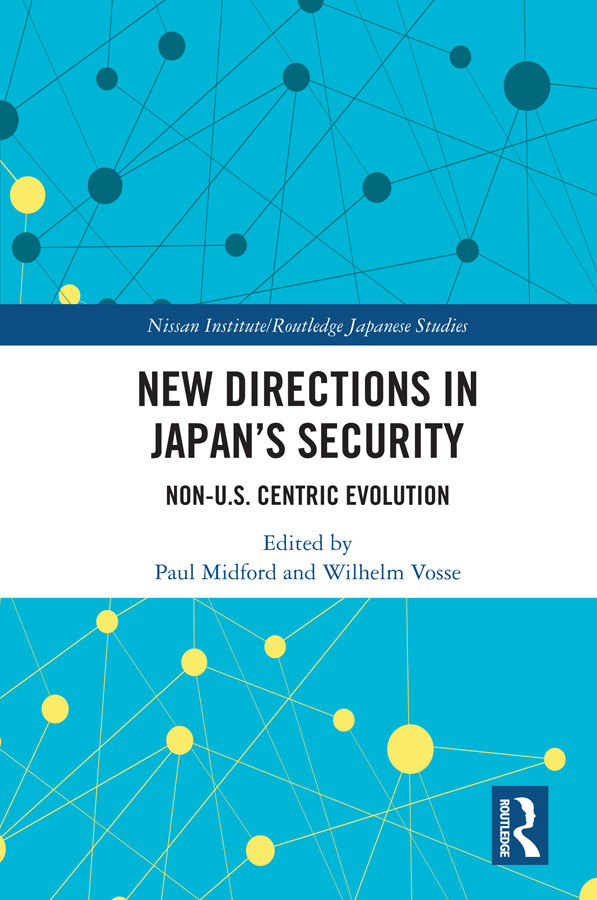

Most ebook files are in PDF format, so you can easily read them using various software such as Foxit Reader or directly on the Google Chrome browser.
Some ebook files are released by publishers in other formats such as .awz, .mobi, .epub, .fb2, etc. You may need to install specific software to read these formats on mobile/PC, such as Calibre.
Please read the tutorial at this link: https://ebookbell.com/faq
We offer FREE conversion to the popular formats you request; however, this may take some time. Therefore, right after payment, please email us, and we will try to provide the service as quickly as possible.
For some exceptional file formats or broken links (if any), please refrain from opening any disputes. Instead, email us first, and we will try to assist within a maximum of 6 hours.
EbookBell Team

0.0
0 reviewsWhile the US-Japan alliance has strengthened since the end of the Cold War Japan has, almost unnoticed, been building security ties with other partners, in the process reducing the centrality of the US in Japan's security; this book explains why this is happening.
Japan pursued security isolationism during the Cold War, but the US was the exception. Japan hosted US bases and held joint military exercises even while shunning contacts with other militaries. Japan also made an exception to its weapons export ban to allow exports to the US. Yet, since the end of the Cold War Japan's security has undergone a quiet transformation moving away from a singular focus on the US as its sole security partner. Tokyo has begun diversifying its security ties. This text highlights this diversification. The country has initiated security dialogues with Asian neighbours, assumed a leadership role in promoting regional multilateral security cooperation and begun building bilateral security ties with a range of partners, from Australia and India to the European Union. Japan has even lifted its ban on weapons exports co-development with non-US partners. This edited collection explores this trend of decreasing centrality alongside the continued, and perhaps even growing, security (inter)dependence with the US.
New Directions in Japan's Security is an essential resource for scholars focused on matters of Japan's national security. It will also interest on a wider basis those wishing to understand why Japan is developing non-American directions in its security strategy.